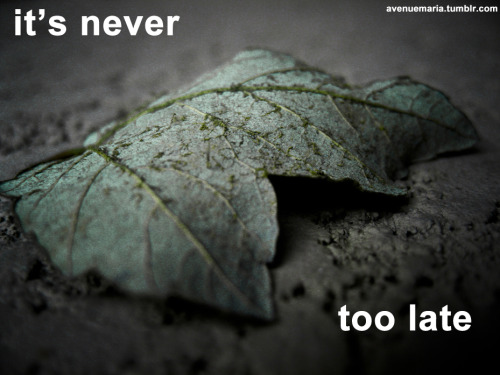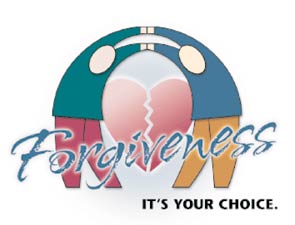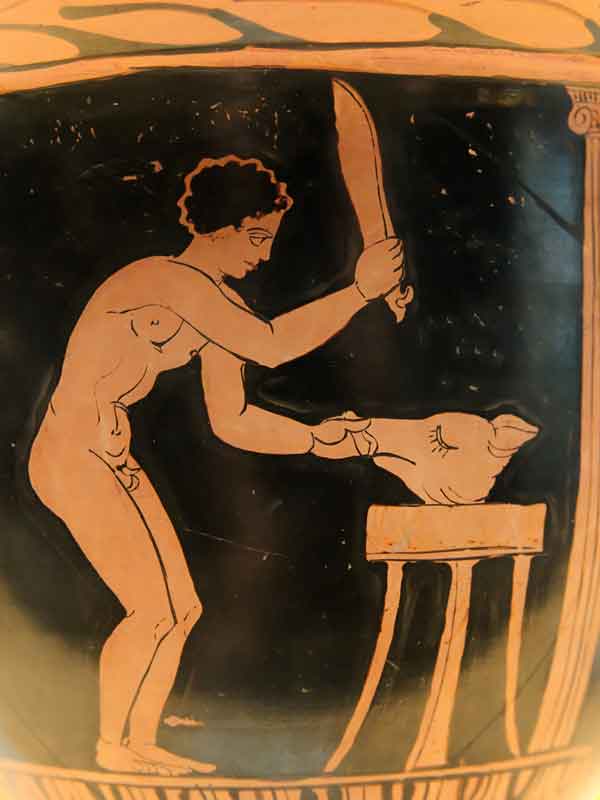 |
| ...as are we all. |
The moral authority of the RC doctrine, especially in the area of sexuality and marriage, is fatally flawed from the outset. Those who pronounce dictates are explicitly denied the ability to understand or be affected by the rules. The only possible sexual activities they can engage in are, by definition illicit and sinful with many being additionally paedophilic and/or homosexual in nature. With that being the only possible worldview, it is unsurprising, nay predictable, that they would project their own sins upon those who are not under the rules of celibate life and condemn homosexuals and degrade married heterosexual relationships as being of a 'second class' to the lifestyle which they chose. Compound this with the revelations that their own organization has routinely hidden and tacitly approved of these aforementioned sins of abuse and/or rape and the cry goes up "Physician, heal thyself" and yet the organization refuses to admit that there is a widespread problem, let alone any episcopal involvement.. Without admitting their involvement in the errors, there can be no contrition...and thus, no reconciliation.
Ignoring the many factual errors vis a vis modern science AND accepted RC doctrine, I keep coming back to the question 'where is God in this?'...how does this help those kids learn to love God and their neighbors?
The message of Christ is one of unity and the brotherhood of mankind, not of division and sectionalism. It is of love and forgiveness, not judgment If we are all made in the image and likeness of the Divine, then intrinsically disordered (by any name) falls flat. If we are to love one another as Christ/God has loved us, then how can you say such things about another person?
"Whoever causes one of these little ones who believe in me to sin, it would be better for him if a great millstone were put around his neck and he were thrown into the sea" (Mk 9.42)
I'm trying to set this aside...I'm trying to truly forgive, but I'm having some real issue here. A large part of me is angered that the principle message of Christ would be so twisted. Much of me is heartbroken that such vitriol and bigotry would be pressed upon the impressionable. There is a small part of me which is hopeful in that at least some of the kids did not seem receptive to the long-winded diatribe. May their hearts and minds be open enough to allow love and unity to split apart the walls of division and hate Prayers for them and all the church (including me)would be greatly appreciated.



















